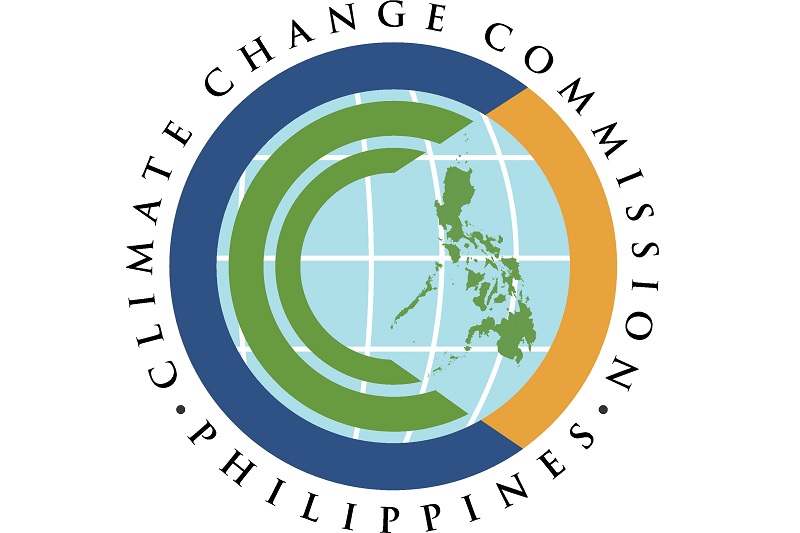
February 05, 2020 Wednesday

Deputy Speaker and Lone District of Antique Representative Loren Legarda today said that the Philippines’ ranking in the Global Climate Risk Index 2020[1] released by the Germanwatch organization, further reveals the country’s vulnerability to the impacts of climate change and underscores the need to accelerate and strengthen adaptation measures, especially at the community level.
Legarda said that the report analyzes the extent countries have been affected by impacts of weather-related events, such as storms, floods, and heatwaves, for the year 2018 and for a twenty-year period from 1999 to 2018.
The report ranked the Philippines 2nd among countries most affected by climate change in 2018 (from 20th in 2017), with Japan and Germany ranking 1st and 3rd, respectively; and 4th most affected from 1999 to 2018 (from 5th in the previous period of 1998-2017), together with Puerto Rico (1st), Myanmar (2nd), Haiti (3rd), and Pakistan (5th) in the list.
Legarda said that Typhoon Ompong (Mangkhut)—the most powerful typhoon recorded in 2018—influenced the Philippines’ score for that year, while other typhoons, such as Pablo (Bopha) in 2012 and Yolanda (Haiyan) in 2013, have affected the country’s score for the twenty-year period from 1999 to 2018.
The report also noted that the Philippines is “recurrently affected by catastrophes” and is “still in the process of recovering from the previous year’s impacts” and has therefore “continuously rank(ed) among the most affected countries both in the long-term index and in the index for the respective year.”
“While the report has a comprehensive take on countries’ vulnerability from rapid weather-related events, it has yet to factor in impacts from slow onset climate events, such as sea level rise and warmer and more acidic oceans, which, for an archipelagic nation like ours, could spell greater danger to our communities. What is clear, however, is that we need to ramp up efforts on adaptation and building genuine climate resilience within our vulnerable communities,” Legarda explained.
Legarda expressed the need to implement the Climate Change Commission’s National Climate Risk Management Framework (NCRMF), which aims to produce a comprehensive assessment of climate risks (in terms of hazards, exposures, and vulnerabilities) in the Philippines by consolidating datasets across government agencies, local government units, academic and research institutions, and civil society organizations.
She also urged to access more climate funds to finance adaptation projects in the country through the local People’s Survival Fund (PSF) and the international Green Climate Fund (GCF), adding that our proactive stance for additional climate finance for loss and damage (unavoidable and residual effects of climate impacts) must also continue and prosper.
Legarda also shared the earlier flagship report by the Global Commission on Adaptation (GCA), where she also performs as Commissioner, which reported that investing USD1.8 trillion in five areas of adaptation—early warning systems, infrastructure, improving dry-land agriculture, restoring and protecting mangroves, and water—could prevent USD7 trillion in losses and damages by 2050.
“It is every nation’s responsibility to stop this climate crisis from further escalating. As they say, the best adaptation is still mitigation because reducing greenhouse gases in the atmosphere would also minimize the scale and intensity of the climate impacts we have to face. While we continue to urge developed nations to do their fair share in climate action, we must also remain steadfast in pushing for both adaptation and mitigation to our communities down to the very last mile,” Legarda concluded.